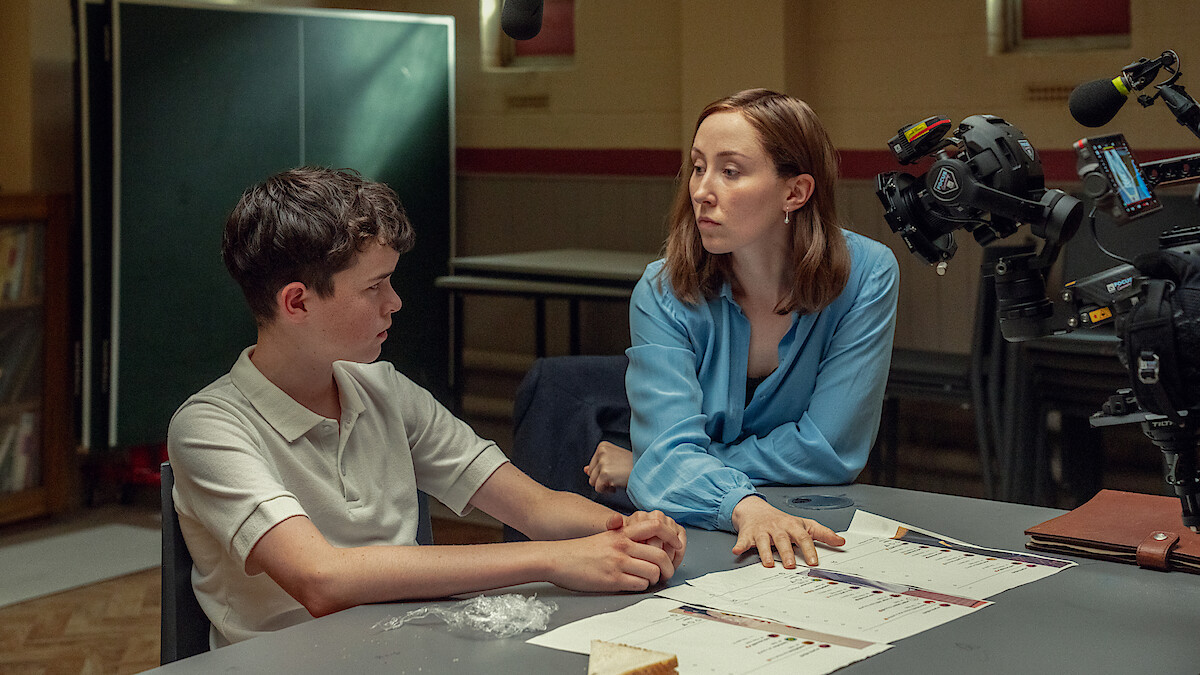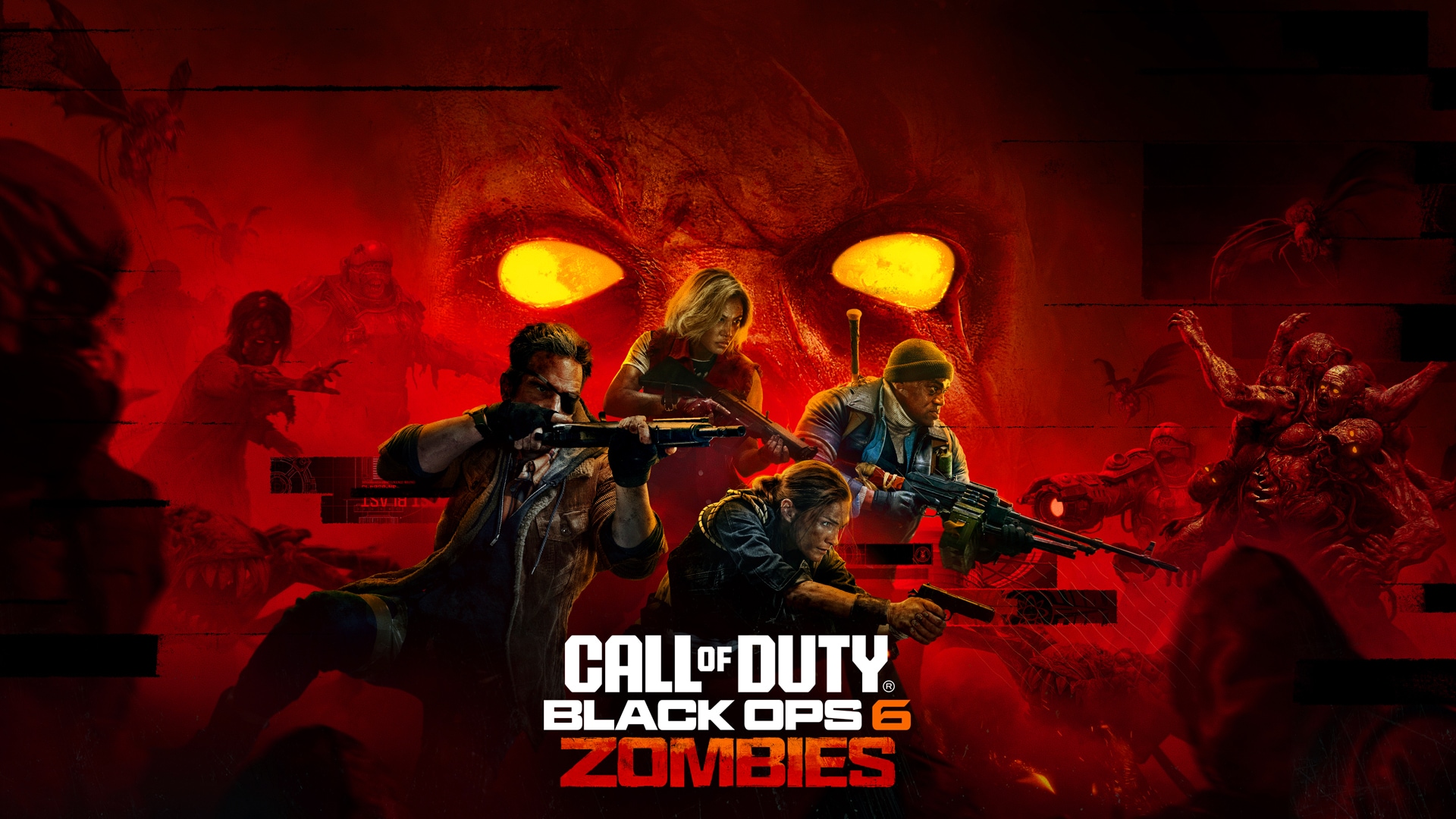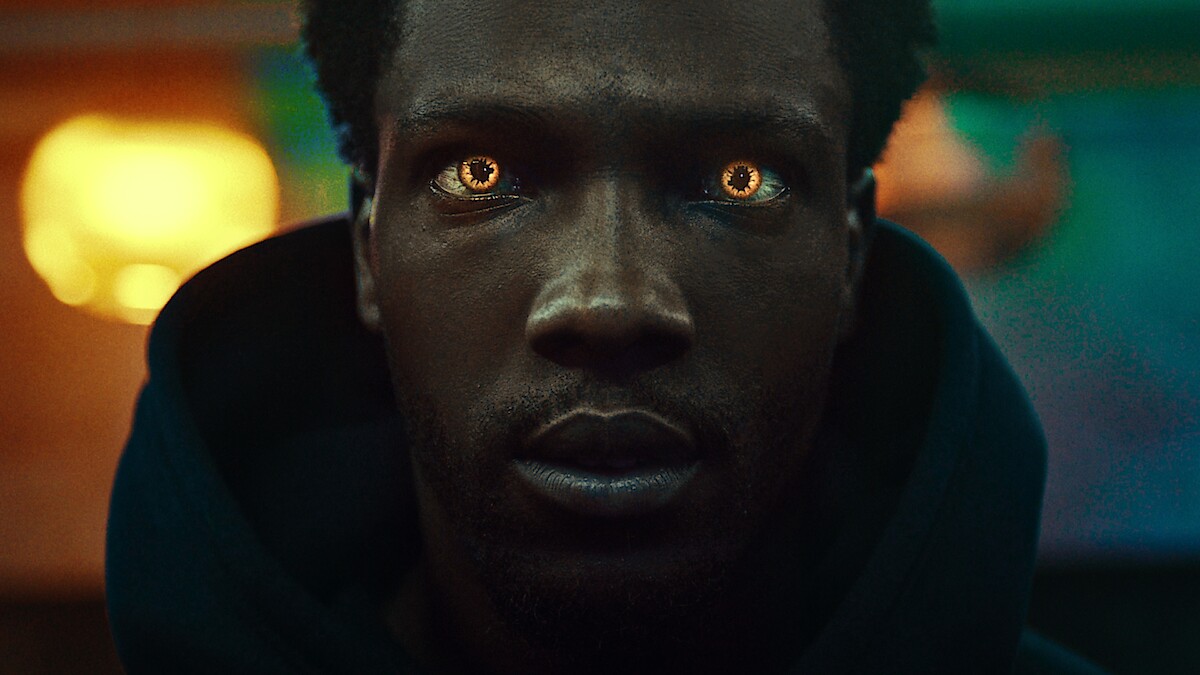
Netflix - Adolescence - Honest review
8 min read - 16 Mar, 2025Adolescence is a 4 part mini series that aired on Netflix on March 13th, and has taken the internet by storm, but what is it that has made this mini series a great hit. Boomers everywhere are flocking in awe to the acting of Stephen Graham one of the shows writers and producers. Stephen Graham has reportedly said that he was horrified by a case where a young child stabbed a young girl, and was driven to create a show that explored why someone might do this, and what effect it had on the family.
Graham said he was inspired to make the show after seeing two separate reports of boys stabbing girls to death. "I just thought, what's going on in society where this kind of thing is becoming a regular occurrence?" he told BBC's The One Show.
In a single shot filming style the series delivers the drama with a visceral emotional jolt. and ultimately rhetoricates that male aggression is fuelled by male propaganda, the manosphere and mysoginists like Andrew Tate. The series explores the victims, the aggressors family and how they are victimized, the trauma, pain and responsibility that the parents bear on themselves. The show's main premise is a single knife crime incident, one that leads to the destruction of two families, and multiple people. The show touches on mass bullying and how schools have become "holding pens" and even explores in one episode the struggle on the schools to keep these children safe. There are some adjectives made about schools relating to their smell, and the general feel, and episode two is produced to give us the full effect life at a public high school. The show alludes to knife crime, and how school teachers are now security guards aswell as therapists:
Figures released by the Office For National Statistics yesterday reveal that knife-enabled crime in England and Wales has risen by 4% in the year ending June 2024, with police recording 50,973 offences. This marks a significant 80% increase over the past decade.
Last year, 244 people in England and Wales tragically died after being assaulted with a knife. Of these, 32 were children. Most recently, the shocking killing of 14-year-old Daniel Anjorin sparked renewed calls to rid dangerous weapons from our streets.
Jamie Miller was an ordinary school child in the eyes of his parent's, and as the film explores the truth from the perspective of the police, school friends, teachers, psychologist and finally his parent's and sister. The premise of the show isn't about good or bad, or whether or not he did it, it's very clear from the outset that he committed the crime, but his denial from the outset is very telling, is it shame of admitting the truth, the reality that you know murder is evil, and was his eventual guilty plea the real story behind his progression. We get a feeling from the character that Jamie almost felt emotionally repressed, unable to share his guilt, in fear of ridicule or shame, his own father, his confident screamed "What have you done!", this exposes a weakness in parenting style and a weakness in how this young boy was supported from the outset.
The 3rd episode was the most eye opening, as we see Jamie held in a training institute because of his age, a child psychologist asks him very direct questions with Jamie often asking "Can you ask these sort of questions?". Ultimately he confesses to her, and is then ashamed of the confession, it makes him angry. Ultimately, murder is about motive, he wasn't defending himself, or his family, ultimately he murdered a girl who had rejected and openly mocked him in front of his school. It was this episode that allowed us to see from the direct questioning of Briony Ariston played by Erin Doherty. It appears he was defending his ego, his masculinity, the show infers that he felt like women were taking his power, and he projected this rage onto a girl at school he took pity on, whom subsequently rejected him.
Adolescence on Netflix is a show that stays with you for a long time after watching it. It’s a powerful, terrifying, and vitally important study on the current crisis of modern masculinity and the devastating impact it is having on the epidemic of violence against women and girls.
- https://www.glamour.com/story/adolescence-on-netflix-erin-doherty-breaks-down-episode-3
Modern masculinity is potentially one reason for the disconnect, but there is an elephant in the room we are all avoiding, social media, Netflix and The Internet; They have all led to one thing, the lack of social contact with each other and a hyper sensitivity to criticism. The fact that Jamie was a boy is irrelevent really, although his psyche is relevent.
- Low self esteem
- Lack of self worth
- Rejection sensitivity
- Rage at a loss of control
Rejection sensitivity is a type of emotional response. It is particularly common in people with any of the following diagnoses: Depression, Social Anxiety, Borderline Personality Disorder, PTSD, ADHD or Autism Spectrum Disorder. There is disagreement about the origin of rejection sensitivity.
It was very clear to see in Episode 3 that the whole premise of the show was for Jamie (Owen Cooper) to express his hatred towards his female psychologist, and that he wanted her to "like him" even though she wasn't his "type" because she was "flat". There is more to this show than just male ego ultimately, I think it touches on gender expecations as a whole. Does society put too much pressure on gender stereotyping? Is the perfect figure, fitness and looks a direct catalyst to a over sensitised state. Are children given enough emotional attention? or are youTube influencers parenting our children?
You also have to consider that this show portrayed the typical; normal, two parent family and two kids. They were normal, and it's this that was hard hitting for most.
A lengthy conversation with the director helped Cooper rise to the moment. “I was like, ‘You know you’re protected by me and Erin. Everyone around you has got your back,’” Barantini says. “From that moment, he was a completely different actor. It was just mind-blowing.”
-https://www.netflix.com/tudum/articles/adolescence-episode-3-explained
In summary, the show has tugged on the heart strings of many "normal" families in stereotypical terms, and casts a light onto the British family culture, the fight for dominance is being won in the class room, and regardless of talent, children's ego's are ultimately being shaped in their bedrooms, school is no longer a place of education, but experience. The things they watch and the interactions they see on social media are all shaping our children's lives. I do believe that the show had a passive aggressive swipe at parents, suggesting they are out of touch, and with the best emotional Will in the world are clueless to the interactions that are affecting their kids. The truth is that with enough anger, and resentment, anyone is capable of "snapping" and commiting a crime, and the pain and journey often arrives from understanding the truth to where those feelings came from.
I think that the show is eluding to a childemic, a portemanteu of child and pandemic, the problem isn't children, the internet, schools or school children, the problem lies in the way we interract. No longer do we sit together around the camp fire and share stories, we are more disconnected than ever from our piers, and the lack of social inclusivity is creating an emotional dependance on social media. Children no longer get their support from their family, they are getting support and advice from videos that are served to us from algorithms that are built by developers and managed by corporations. The content our children see isn't driven by the educational curriculum, it's driven by algorithms designed to keep us addicted to content.
There is a rise in anger amongst humans in general, and the governments answer is "remove the sharp objects" this isn't addressing the problem at the core, the problem at the core are a generation of young adults growing up in an electronic world, and this world is making them angry, they are being exposed to every view available whether good or bad, and I think that even the powers that be have lost control. Children are no longer understood, they are radicilised into relating content.
“Human interaction is the key force in overcoming resistance and speeding change.”
“All human interactions are opportunities either to learn or to teach.”
-M. Scott Peck, Psychiatrist and Author:
We have been blessed with technology, technology is a useful tool, it guides us to our destination effortlessly, helps us keep in contact with people in different continents, and delivers film and video at an astonishing quality and pace, but we are failing in one area, we are allowing technology to replace the human touch. Software is designed to save us time, save us stress, and support us with mundane tasks, it's not meant to be a replacement for human interaction altogether, in essence we are in the danger of an Oppenheimer, creating a solution that will destroy us, rather than bringing us closer together. Ultimately, until we learn to embrace technology so that we can spend more time with those that need it, the world will remain angry, and ultimately, there is no technology in the world that can teach us emotional intelligence effectively. As we all watch our Netflix, and blog on our eChannels, we should remember one thing, we are still human, and no matter the tools we have at our disposal, we are just humans, trying to interact to deal with our everyday lives.
This is an article about the series Adolescence on Netflix. A personal review, and a slightly logical and slapstick analysis of the mini drama that took the internet by storm. This articles offers a slightly technological view on the series as apposed to the emotional which has been explored vehemently.






